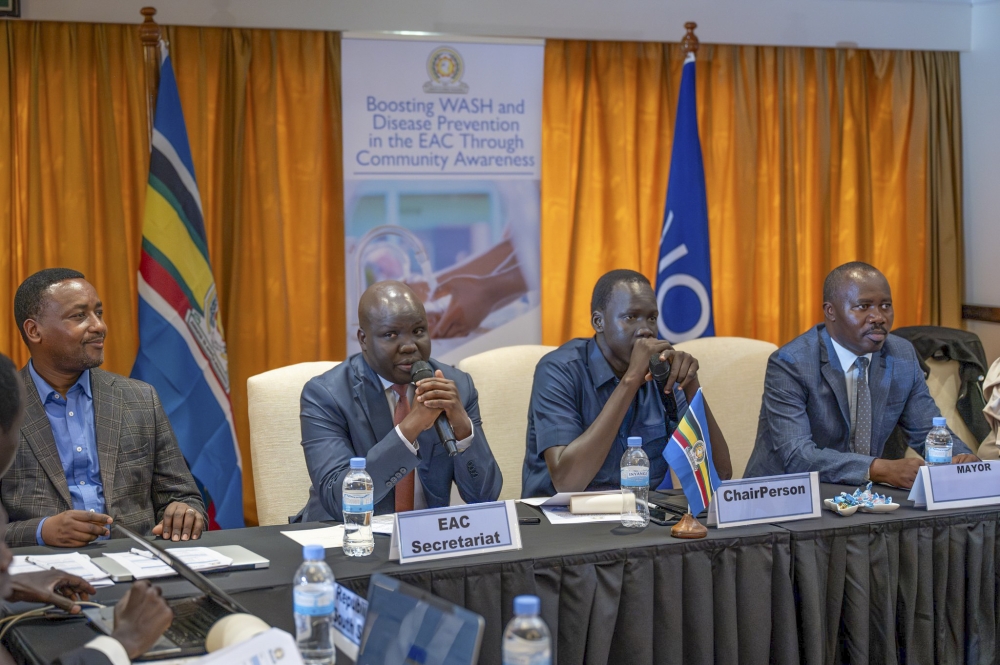The East African Community (EAC) Secretariat has urged partner states to educate citizens on preventing the spread of Mpox (formerly known as Monkeypox), a deadly viral infection.
Recent reports indicate a new strain of the Mpox virus is rapidly spreading along the eastern border of DR Congo, raising alarm among health officials. The World Health Organization (WHO) has reported outbreaks in Burundi and DR Congo.
Burundi has confirmed three cases of Mpox in Bujumbura and Isare, with patients currently receiving treatment and showing improvement. Rwanda intensified its epidemic response after confirming two cases on July 27.
Since 2022, DR Congo has reported over 21,000 cases and more than 1,000 deaths. In 2023, the country saw 14,626 cases and 654 deaths, and by May 2024, 7,851 cases and 384 deaths had been reported. Many affected are children under five, who also account for nearly two-thirds of the deaths.
EAC Deputy Secretary General Andrea Aguer Ariik Malueth emphasized the need for preventive measures, including factual risk communication, community engagement, and enhanced surveillance.
Mpox spreads through close contact, contaminated objects, and respiratory droplets. Symptoms include skin rash, fever, headache, muscle aches, back pain, weakness, and swollen lymph nodes, lasting two to four weeks. To reduce the risk of infection, the public is advised to avoid contact with infected individuals, wear face masks, use personal protective equipment, wash hands regularly, and thoroughly cook meat.
The EAC plans to convene a meeting of health experts to discuss the situation. With support from the German government and Africa CDC, the EAC has established a pool of experts ready to be deployed in disease outbreak areas. Additionally, GIZ has strengthened border areas with handwashing facilities and health promotion activities, reaching 700,000 individuals.

